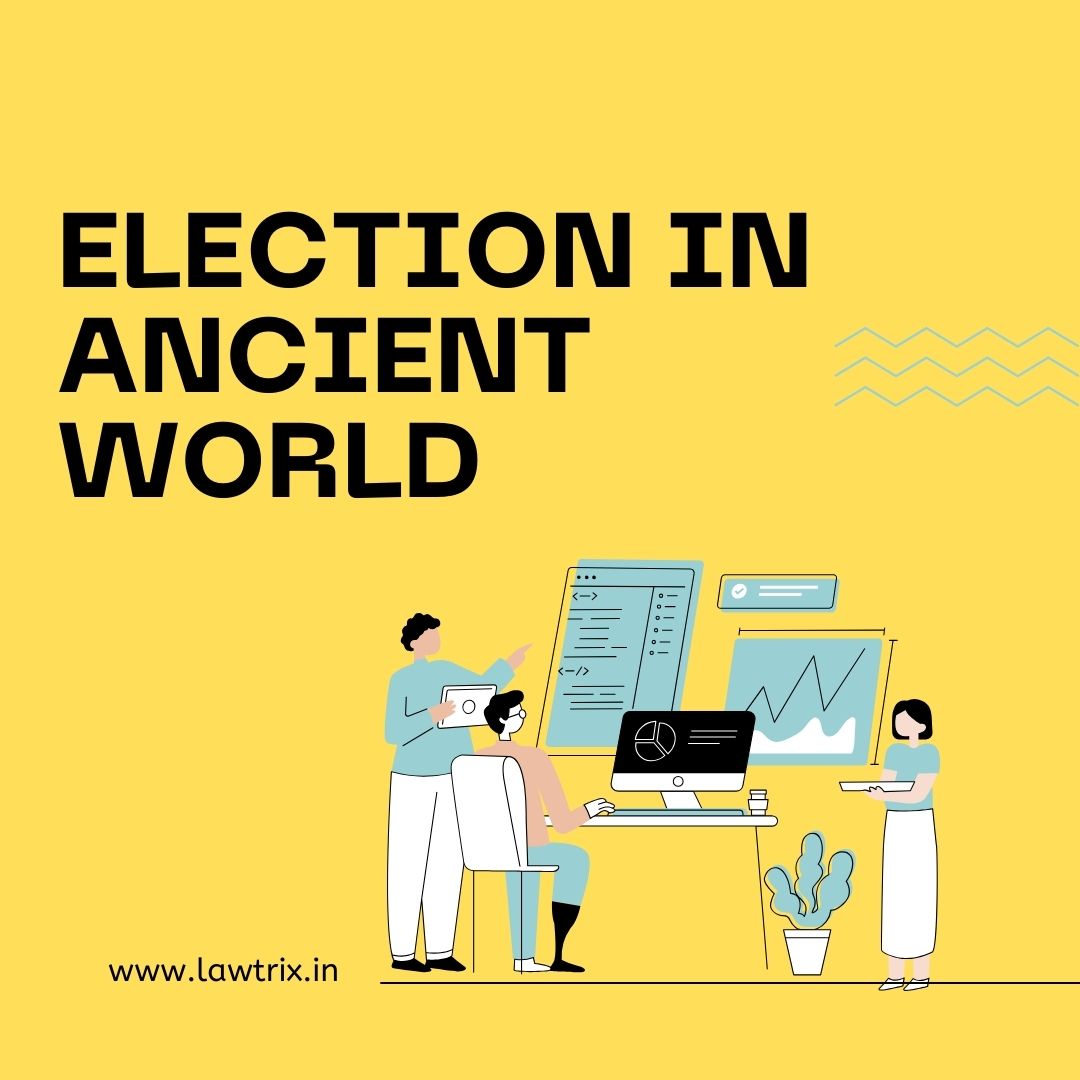


An election is a formal group decision-making process by which a population chooses an individual or multiple individuals to hold public office.
Elections have been the usual mechanism by which modern representative democracy has operated since the 17th century. Elections may fill offices in the legislature, sometimes in the executive and judiciary, and for regional and local government. This process is also used in many other private and business organisations, from clubs to voluntary associations and corporations.
The global use of elections as a tool for selecting representatives in modern representative democracies is in contrast with the practice in the democratic archetype, ancient Athens, where the elections were considered an oligarchic institution and most political offices were filled using sortition, also known as allotment, by which officeholders were chosen by lot.
Electoral reform describes the process of introducing fair electoral systems where they are not in place, or improving the fairness or effectiveness of existing systems. Psephology is the study of results and other statistics relating to elections (especially with a view to predicting future results). Election is the fact of electing, or being elected.
Elections are held in a
variety of political, organizational, and corporate settings. Many countries
hold elections to select people to serve in their governments, but other types
of organizations hold elections as well. For example, many corporations hold
elections among shareholders to select a board of directors, and these
elections may be mandated by corporate law. In many places, an election to the
government is usually a competition among people who have already won a primary
election within a political party. Elections within corporations and other
organizations often use procedures and rules that are similar to those of
governmental elections.
Ancient elections varied widely depending on the time period and culture. Here's a brief overview:
Ancient
Greece: In Athens, citizens (citizenship was limited to
free adult males) participated in direct democracy, where they voted on laws
and policies in the Assembly. Officials such as magistrates and generals were
also elected by the citizens through a lottery or by a show of hands.
Ancient
Rome: In the Roman Republic, citizens (free adult males)
participated in various elections to select officials who would govern the
state. There were different assemblies and bodies responsible for electing
different officials, such as the Centuriate Assembly, Tribal Assembly, and the Senate.
The process involved a combination of direct voting and indirect methods like
the selection of candidates by a committee.
Ancient
India: Ancient India had a variety of political systems
across different regions and time periods. In some areas, there were councils
of elders or assemblies where decisions were made collectively. In others,
monarchies were prevalent, with succession being hereditary.
Ancient
Mesopotamia: In ancient Mesopotamia, city-states
like Sumer had councils and assemblies where important decisions were made.
However, the extent to which common people could participate in these decisions
likely varied.
Ancient
Egypt: Ancient Egypt had a highly centralized government
with a divine king (pharaoh) at the top. While there were local councils and
officials, the process of selecting rulers was largely hereditary and tied to
the royal lineage.
Ancient
Persia: The Achaemenid Empire, one of the earliest Persian
empires, had a hierarchical administrative structure. While the king held
absolute power, he relied on a network of appointed officials known as satraps
to govern different regions. These satraps were often chosen based on loyalty
to the king rather than through any form of popular election.
Ancient
China: Ancient China saw various forms of government
throughout its long history, including monarchies, feudal states, and
bureaucratic systems. In some periods, such as the Zhou Dynasty, rulers were
chosen through hereditary succession or appointed by nobles. The selection of officials
often involved a combination of merit-based exams and recommendations by
higher-ranking officials rather than direct elections by the populace.
Ancient
Israel: In ancient Israel, the governance system evolved
from tribal leadership to monarchy. Initially, leaders were often chosen based
on charisma, military prowess, or divine appointment. Later, kingship became
hereditary, though prophets sometimes played a role in anointing or deposing
rulers.
Ancient
Mesoamerica: Civilizations like the Maya, Aztec, and
Inca had complex political systems with rulers often holding significant
religious authority as well. While succession in these societies was typically
hereditary, rulers might also be chosen through military prowess or political
maneuvering within elite circles.
Ancient
Africa: Ancient African societies had diverse political
structures, including kingdoms, chiefdoms, and decentralized societies.
Leadership succession varied widely, with some rulers inheriting their
positions while others were elected by councils of elders or through feats of
strength and bravery.
Indigenous
Societies: In many indigenous societies around the world,
decision-making processes often involved consensus-building within communities
rather than formal elections. Leadership roles might be filled based on
qualities like wisdom, generosity, or bravery, with leaders often serving as
guides rather than authoritative rulers.
Ancient elections were
shaped by the cultural, social, and political contexts of their respective societies.
While some civilizations embraced democratic principles and popular
participation to varying degrees, others relied on more hierarchical or
authoritarian forms of governance.